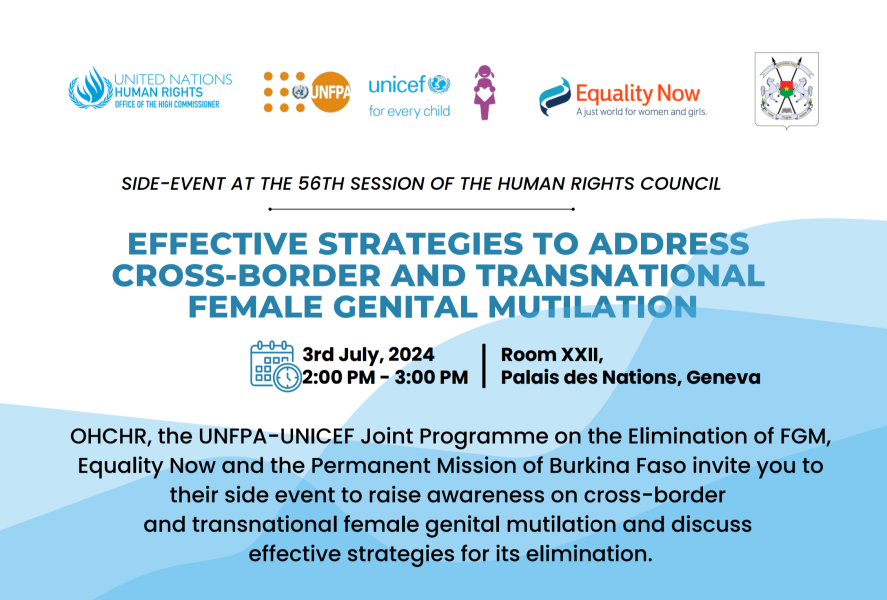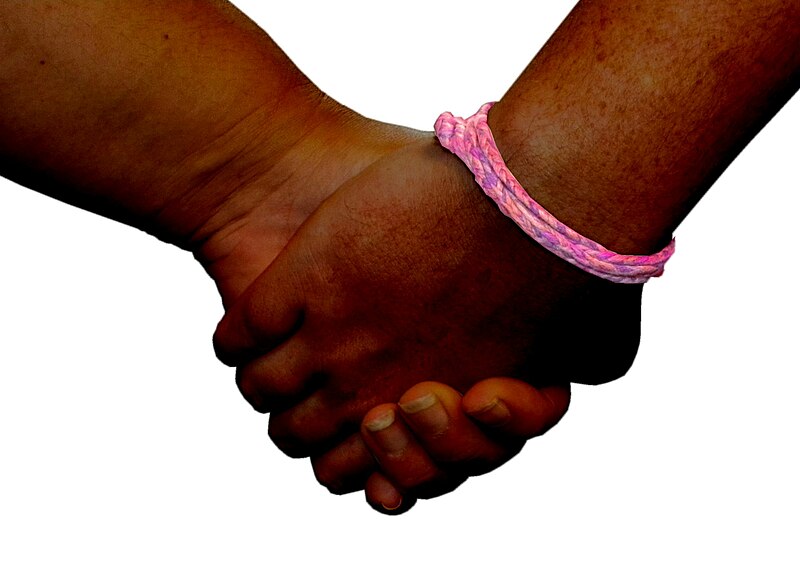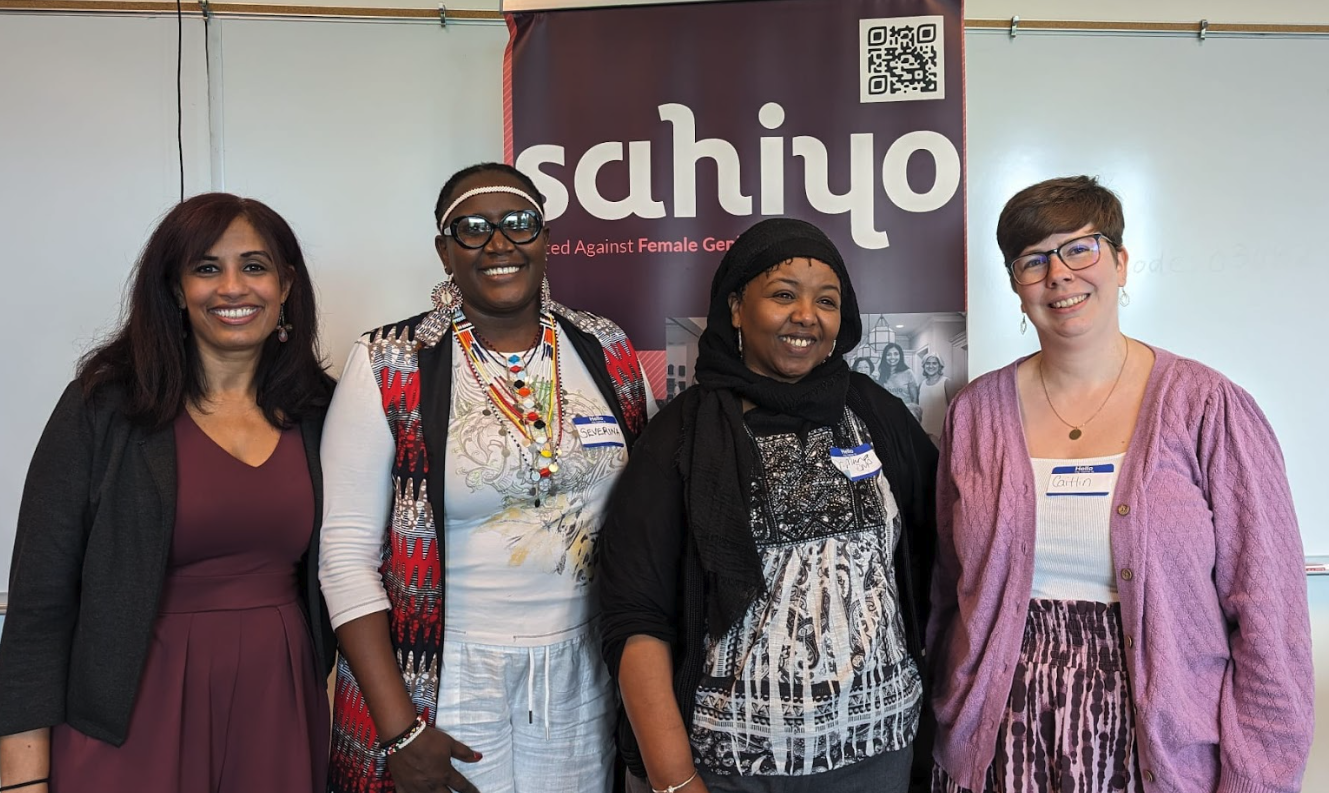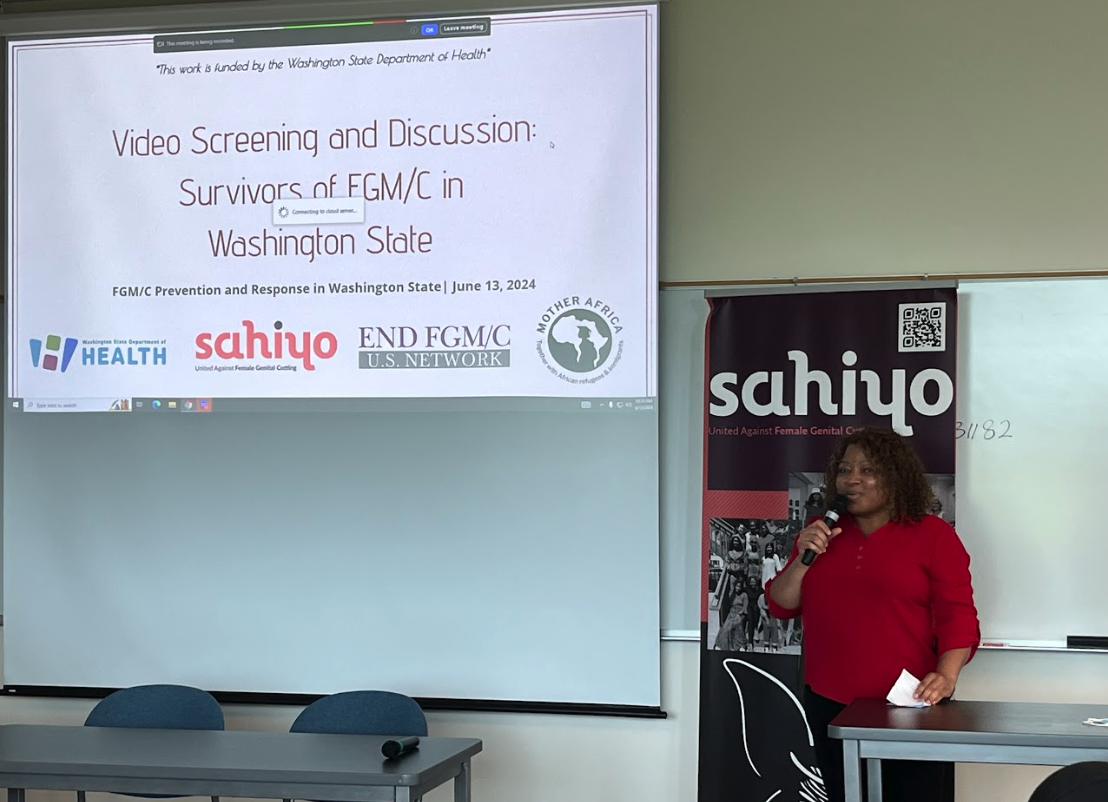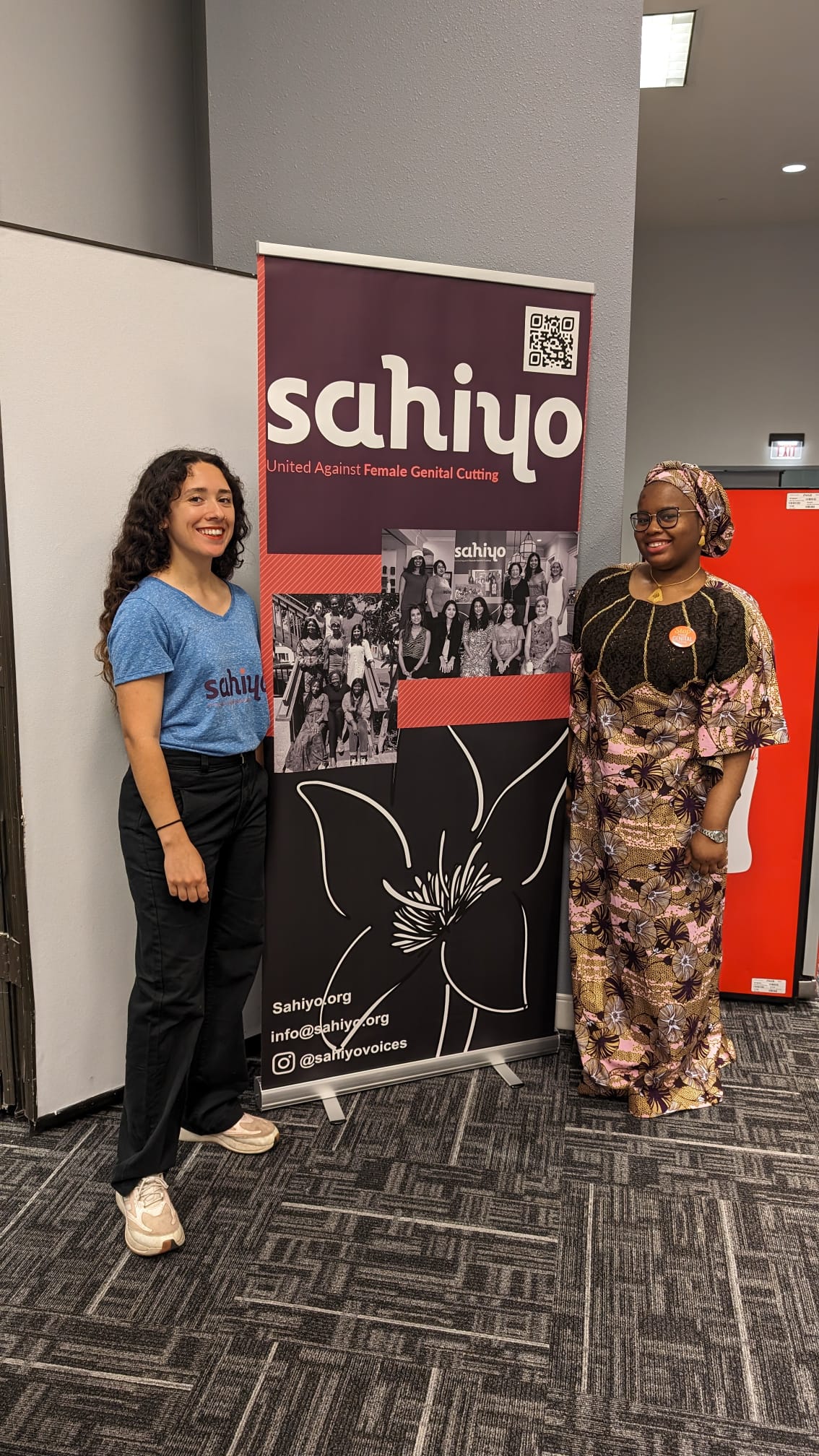By: Noor Mohamed
Initiating conversations about female genital cutting (FGC) can potentially pose significant challenges, particularly when engaging with men. Yet, these discussions can play a vital role in fostering an understanding of and helping to drive positive change toward abandonment of FGC within communities. Exploring this sensitive topic with men opens avenues for uncovering deeply held beliefs, cultural nuances, and personal experiences that can shed light on the complexities surrounding FGC. It is through these conversations that we gain deeper insights into the underlying factors influencing attitudes toward FGC and pave the way for meaningful dialogue and collaboration toward addressing this issue.
Navigating Sensitive Conversations: Unveiling Perspectives on Female Genital Cutting
For my master’s thesis on the cultural acceptance or condemnation of female genital cutting in the USA, engaging with fathers turned out to be pivotal in my research success and was central to my learning. Here’s how I approached it.
A Respectful Approach
As a Sudanese researcher (EM), it was important for me to conduct interviews with respect and politeness, because respecting men is a big part of my culture. In our community, a woman's reputation can be easily damaged if sensitive topics are discussed too openly. So, I made sure to meet each person respectfully, making them feel valued and comfortable. I initiated discussions by focusing on women’s roles in society and the family to create a formal yet inviting atmosphere for fathers to share their thoughts openly.
Navigating Sensitive Topics:
Sensitive topics, including intimate matters, were avoided, such as: how does a wife with cut genitals experience sex? Is sexual intercourse a source of joy for both partners or does it involve pain? Did they seek the help of a midwife to dilate the vaginal orifice in their early sexual life, if sexual intercourse was not possible due to the small vaginal orifice size?
Additionally, questions regarding men's enjoyment during sex were avoided, and women's health issues, such as irregular menstrual cycles, were not discussed. Avoiding these types of questions allowed fathers to feel more comfortable and less stressed during the interviews. In many cultures, discussing intimate life can be a sensitive issue that might hinder the continuation of the interview. Therefore, I ensured these topics were avoided to maintain a conducive environment for dialogue.
Unveiling Perspectives on FGC
Once the initial trust was established and we were discussing women as the center of the project, the conversations moved to opinions on FGC, religious perspectives, and whether they would consider FGC for their daughters. I emphasized that my aim was not to make them oppose FGC but to understand their perspectives.
Insights and Reflections
These conversations revealed the underlying factors influencing men's support for FGC and helped identify potential advocates for future anti-FGC educational initiatives. Men who supported the practice often justified it by citing religious reasons, while those against it stressed the importance of education against the practice and expressed their willingness to be part of educational communities. Some fathers felt so comfortable in the discussion that they shared personal stories about their childhood female friends who underwent the practice, describing how these friends were bedridden and unable to play with them.
Catalyst for Change
Treating participants with genuine courtesy facilitated candid discussions about the complexities of FGC and the challenges of addressing it within communities. In Sudanese culture, men have a significant influence, as their words are highly respected. They have the authority to prevent the practice of female genital cutting (FGC) from being imposed on their daughters or younger sisters, overriding the influence of grandmothers and wives who might support the tradition. Additionally, men can freely discuss with other men why FGC is a harmful practice without fear of being judged. This cultural dynamic underscores the importance of engaging men in discussions and decisions regarding FGC
Concluding thoughts
Discussing FGC with fathers has its challenges, but the rewards for understanding and potentially intervening to change social norms come from talking to all concerned with respect, dignity, and an eye to learning diverse perspectives on a very important issue. Even when interviewing women, respect was paramount. This respect is a way to show that I, as an interviewer, am still following our cultural norms when it comes to talking about sensitive topics like FGC, which matters greatly to participants. It is important not to stress that FGC is a wrong practice. The interview or discussion should show that you are someone seeking others' opinions about the practice. This approach helps avoid arguments and enables the collection of adequate information that can help in building future research or educational plans.
In honor of Father’s Day 2024, Sahiyo’s male engagement program, Bhaiyo, has launched a month-long public awareness campaign to uplift the importance of male voices and allies in ending FGC. If you would like to contribute, please email This email address is being protected from spambots. You need JavaScript enabled to view it..
Related:

